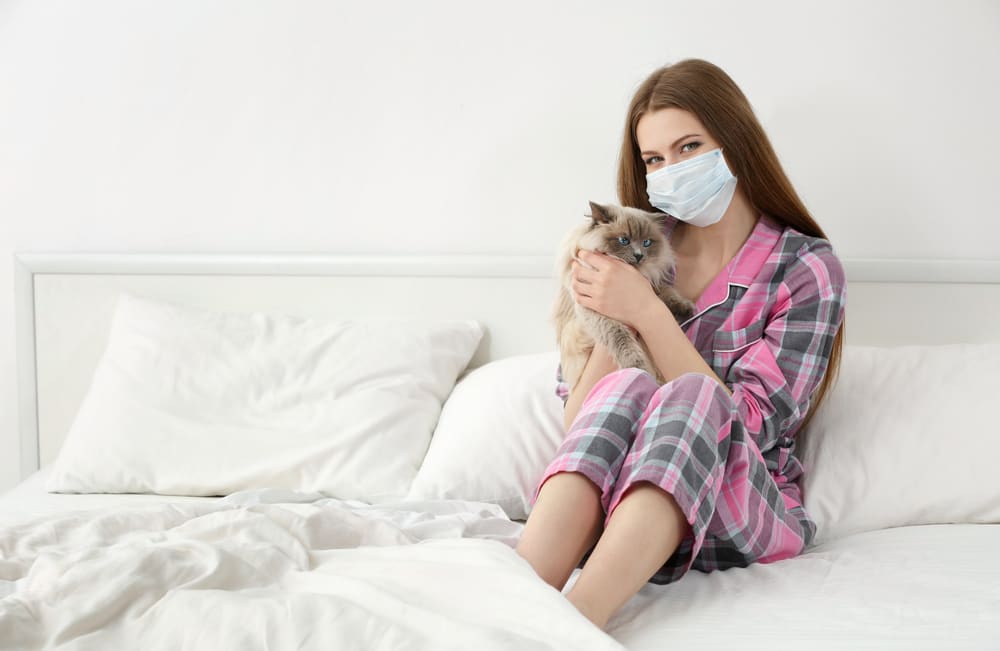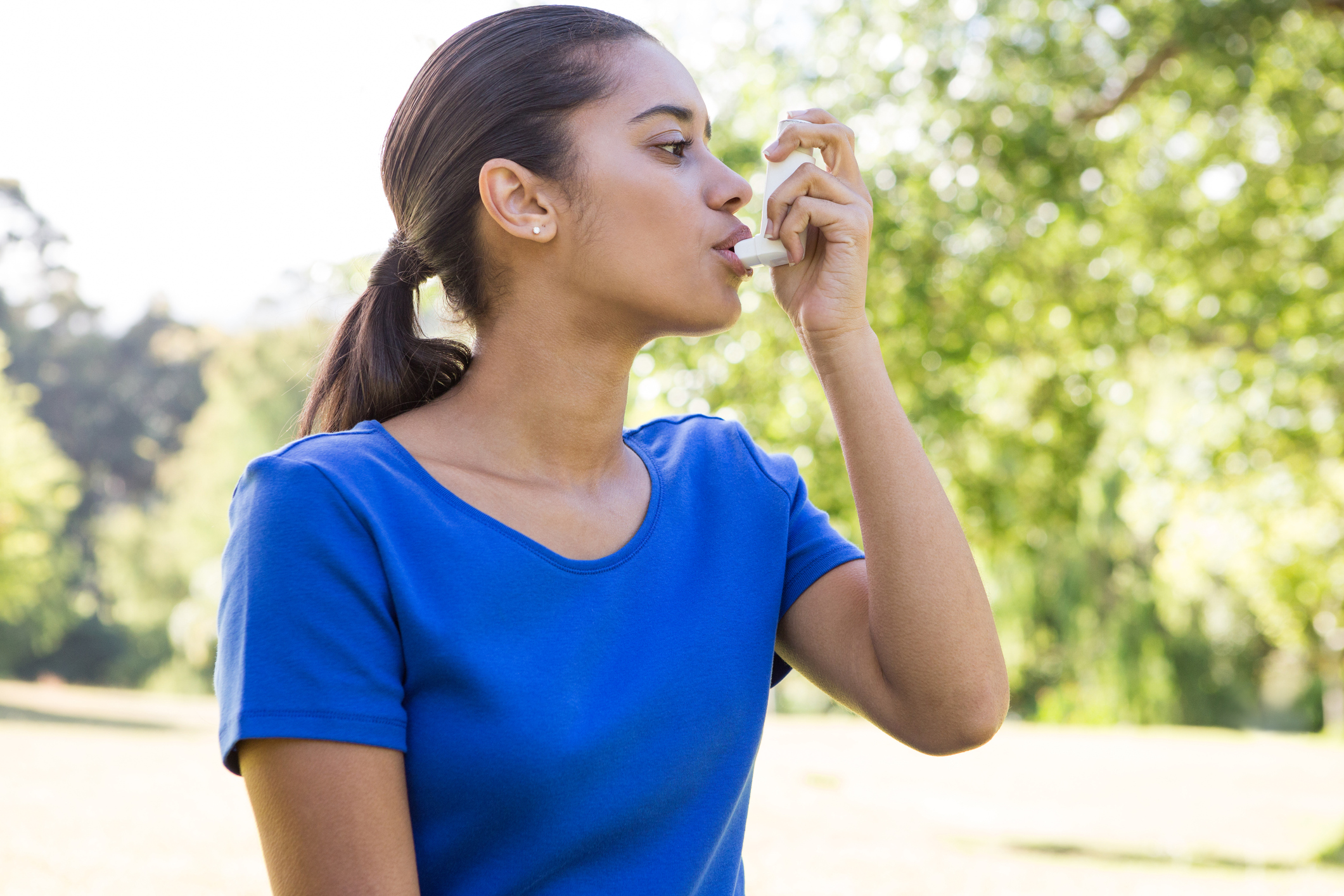Contents:
- Medical Video: Allergy Symptoms & Treatments : How to Cure Dust Allergies
- Why can someone experience allergies in animals?
- Pet allergies, for example dogs and cats
- Tips for not too severe animal allergies
- 1. Avoid allergic triggers
- 2. Use HEPA Filters in your home
- 3. Clean your room regularly
Medical Video: Allergy Symptoms & Treatments : How to Cure Dust Allergies
Someone who is allergic to animals, usually characterized by symptoms such as easy sneezing, runny nose, hives, coughing, and for people with asthma usually symptoms of asthma will recur if exposed or near animals. In fact, it is quite difficult to ascertain whether a person is truly allergic or not, given the many triggers for these allergies. Approximately, what causes someone to be allergic to animals? Is there a way to prevent it?
Why can someone experience allergies in animals?
Animal allergies occur when your immune system reacts to foreign substances such as pollen, mold, or feces from pets.
SYour immune system basically produces a protein known as antibodies. These antibodies protect you from attacks by unwanted infections and viruses, which can make you sick or get an infection. Then, if you arehaving allergies, your immune system will make antibodies that are useful in identifying allergens as whether they are dangerous or not.
When you inhale an allergen or come into contact with it, the immune system will respond and produce an inflammatory response in the nose or lungs. Especially if exposed to allergic sources for too long, this can cause inflammation of the airwayscan even have an impact on asthma.
Pet allergies, for example dogs and cats
Allergens from dogs and cats are usually caused bydead skin cells that peel (dander), saliva, urine, sweat,and also animal hair. Especially for dander, this dead skin cell is rather difficult to find because the shape is invisible and can be in the air in timewhich is old.
The dander can also easily attach to home furniture coated with cloth or can stick to your clothes. While saliva in pets can stick to carpets, beds, furniture, and clothing. Worse yet, the saliva of the animals can dry outfly in the air. Pet allergies can be more likely to occur to you who have a history of allergies or asthma.
Tips for not too severe animal allergies
Actually, allergies in animals can be prevented if from a young age you are indeed accustomed to being exposed to these animals. Moreover, some studies have found that children who live with a dog or other pet animals can have good respiratory tract resistance better than those who do not have dogs at an early age.
The following are some prevention tips that you can do to minimize the risk of animal allergies happening to you:
1. Avoid allergic triggers
Alan Goldsobel, public relations officer of the American Academy of Allergy, Asma and Imunulogy said that routine cleaning of rooms and avoiding them from animals can reduce the risk of allergens indirectly. Godsobel also suggests using sheets and beds specifically designed so that one can avoid allergic triggers.
2. Use HEPA Filters in your home
By using HEPA filters (high efficiency particulate water)This tool can remove small air pollutants, such as mites, dust, pollen, and pet hair from the air you breathe.Moreover, animal dander or dead skin cells are very small and easy to fly, can only be filtered using HEPA filters. To be more effective, it's good to use HEPA filters in certain rooms, not for all parts of your home.
3. Clean your room regularly
Allergy sufferers are advised to always clean themselves or items that are often used. Like changing carpets or sheets regularly, also cleaning animals and pet cages, cleaning walls (because animals like to rub themselves against walls), and most importantly make sure your house is not dusty. Goldsobel also recommends minimizing fabric-coated furniture inside the house and don't forget to clean the HEPA filter furnace every day.












